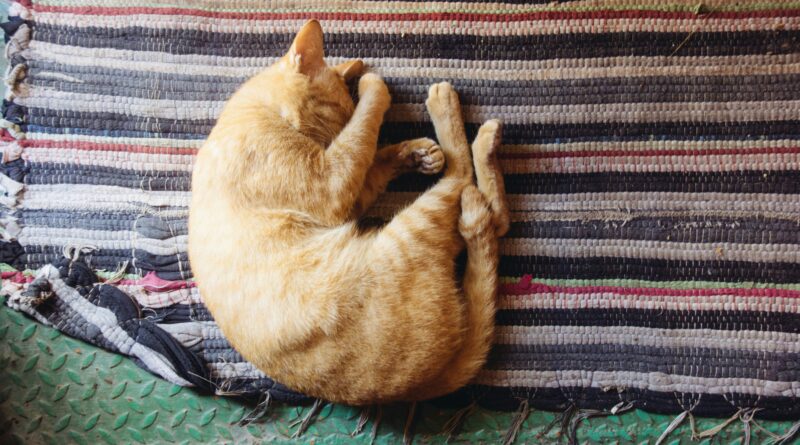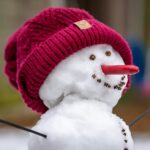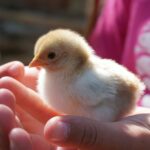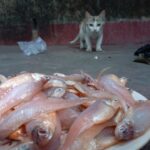Neko wa Kotatsu de Maruku Naru (猫はこたつで丸くなる – Cats Curl up under the Kotatsu)
Neko wa Kotatsu de Maruku Naru
猫はこたつで丸くなる
Yesterday, I introduced the most famous Japanese children’s song about snow, Yuki (雪), commonly known as Yuki ya Konko (雪やこんこ).
昨日は、日本で有名な雪に関する童謡「雪やこんこ」(正式名は「雪」)を紹介しました。
One of the most famous parts in this song is inu wa yorokobi niwa kakemawari, neko wa kotatsu de maruku naru (犬は喜び庭駆け回り 猫はこたつで丸くなる).
この中でも有名な一節は、「犬は喜び庭駆け回り 猫はこたつで丸くなる」です。
・Inu (犬) means “dog.”
・Yorokobi (喜び) means “joy.”
・Niwa (庭) means “yard.”
・Kakemawari (駆け回り) means “to run around.”
・Neko (猫) means “cat.”
・Kotatus (こたつ) is a traditional Japanese warming device.
・Maruku naru (丸くなる) means “to curl up”
・Yorokobi (喜び) means “joy.”
・Niwa (庭) means “yard.”
・Kakemawari (駆け回り) means “to run around.”
・Neko (猫) means “cat.”
・Kotatus (こたつ) is a traditional Japanese warming device.
・Maruku naru (丸くなる) means “to curl up”
「犬」・・・ “dog”
「喜び」・・・ “joy”
「庭」・・・ “yard”
「駆け回り」・・・ “to run around”
「猫」・・・ “cat”
「こたつ」・・・ 日本の伝統的な暖房器具
「丸くなる」・・・ “to curl up”
「喜び」・・・ “joy”
「庭」・・・ “yard”
「駆け回り」・・・ “to run around”
「猫」・・・ “cat”
「こたつ」・・・ 日本の伝統的な暖房器具
「丸くなる」・・・ “to curl up”
Therefore, the meaning of these lyrics is “dogs run around the yard with joy, and cats curl up under the kotatsu.”
したがって、この歌詞の意味は “dogs run around the yard with joy, and cats curl up under the kotatsu” となります。
This song symbolizes the perception in Japan that dogs are resistant to the cold, whereas cats are weak against it.
この歌詞は、日本において犬は寒さに強く、猫は寒さに弱いイメージがあることを象徴しています。
However, this is not always true.
しかし、必ずしもそうであるとは限りません。
By the way, on snowy days, I also wish to curl up under a kotatsu like a cat in the song.
私は雪の日はこたつで丸くなりたいです。




